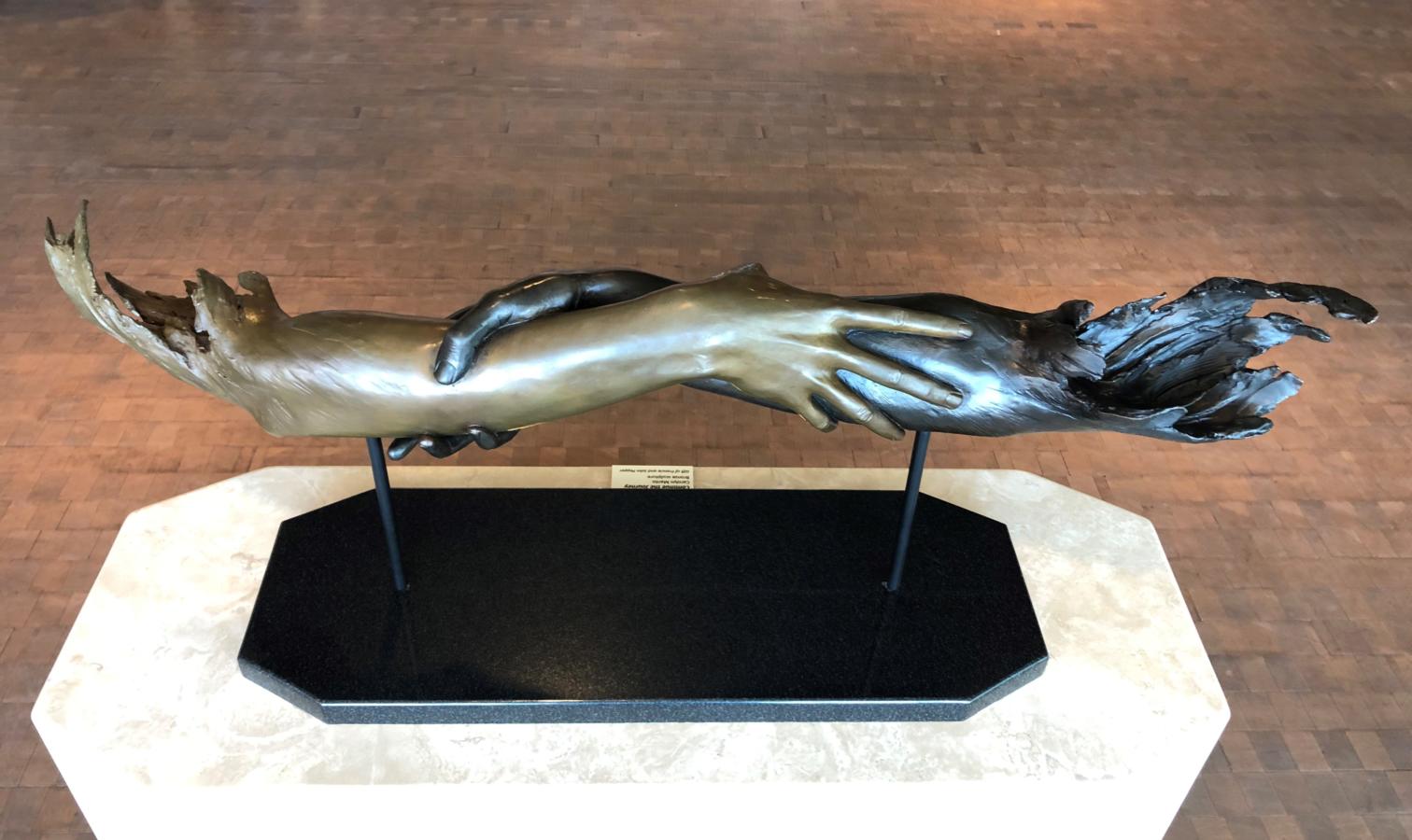I remember feeling so uncomfortable the first time I went knocking on doors in a neighborhood that was distinctly different from my own. I’m a white Jewish woman living in the suburbs of Cleveland, so when I entered a poorer neighborhood in the inner city that was predominantly African-American and not Jewish, I was a little nervous. Would people even answer their doors?
I was participating in a listening campaign with a local community organizing group. We wanted to understand how people in this neighborhood had been impacted by the criminal justice system. We wanted to hear their stories so we better knew how to focus our efforts towards criminal justice reform. I was concerned about being the “other.” I was concerned that they might not be interested in speaking with some white woman from the suburbs who had no personal experience with the criminal justice system. I was concerned that they would think I couldn’t possibly understand their stories, their lives, and so why would they waste their time with me? Despite these concerns, I decided to participate and I was surprised by how I was received.
People are people. When we are willing to connect at a human level, we expand our understanding beyond our own limited perspective and experience. By making myself vulnerable and sharing some of my own stories, this human connection was possible. I no longer saw the people with whom I was speaking as the “other,” and they did not see me that way either. We connected over our shared concern about injustice in our criminal justice system. They shared their stories with me, those of their own and of dear relatives. They opened my eyes and I’m grateful. This couldn’t have happened had I not been willing to get uncomfortable.
Jewish tradition obligates that we do not separate ourselves from the community (Pirke Avot 2:4). The reality is that the communities in the suburbs are affected by the communities in the inner cities, and the communities in the inner cities are impacted by the communities in the suburbs. We are inexorably connected. We are part of the same community.
Bryan Stevenson, the author of Just Mercy and founder and director of the Equal Justice Initiative, puts it another way. He urges us to get proximate and get uncomfortable. In order to do the hard work required of repairing our broken world and creating a more fair and just society for all people, we must be willing to get out of our comfort zones and interact with others, especially when it is inconvenient to do so. So get uncomfortable. Go out of your way to reach out to people who are different than you. Open your heart to hearing their stories and learning from their experiences. Be willing to share your own. This may feel difficult and awkward, but the potential reward is limitless.




